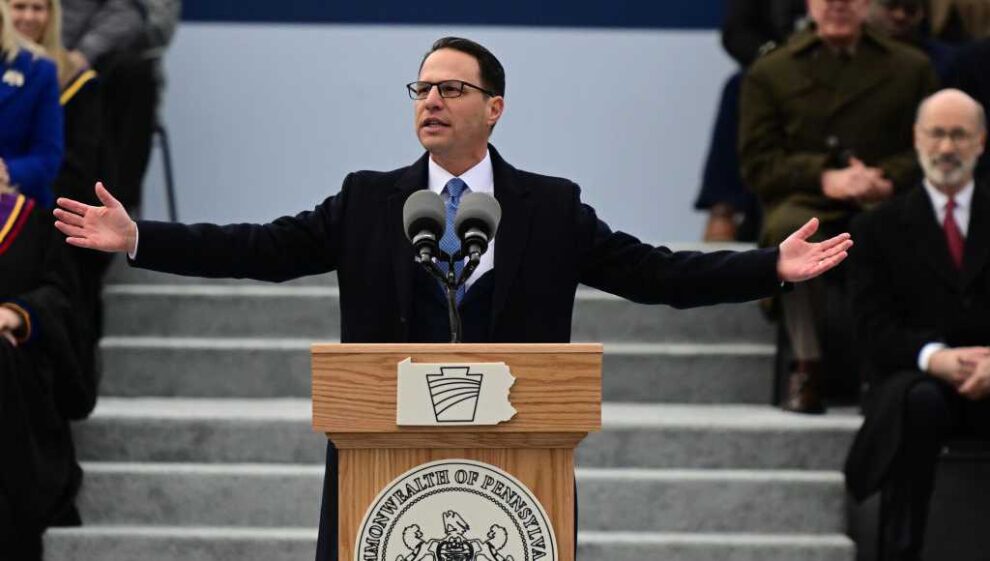A local outlet has been fighting for transparency after the Shapiro administration was found to have deleted key emails in the case against Mike Vereb, who was accused of sexual assault by a former staffer.
In the sexual assault case against Governor Shapiro’s former staffer Mike Vereb, the administration was found to have deleted key emails relating to the allegation.
Right-to-Know Law cases were made against the Shapiro administration by a local outlet seeking transparency in the sexual assault case.
Two recent court rulings could end up delivering more transparency to reporters and members of the public, according to the outlet.
A reporter filed over twenty Right to Know requests at the governor’s office and the Office of Administration. Two of those cases were elevated to the Commonwealth Court last year.
In a ruling from May, the Right to Know sought emails from Vereb’s account for a one-month period that included the week the deputy who accused him of sexual assault quit her job.
The governor’s office compared the request to one in which a court “emphasized the fact that the request included the Acting Secretary of Health, as well as some of the most senior members of the Department of Health, and that the request would inevitable involve larger quantities of confidential and sensitive information and deliberation than a request of a similar scope” aimed at a ranking official, according to the outlet.
Commonwealth Court Judge Michael Wojcik wrote in his opinion, “If nothing else, we must remain vigilant to ensure that the objectives of the RTK Law are met. Access to information concerning the activities of the government does not hinge on the identity of the individual from whom records are sought.”
“The Governor and other individuals in the Office cannot avoid a RTK Law request simply because they are high-ranking officials who transact large amounts of business on behalf of the citizens of the Commonwealth. Simply stated, the Governor and the employees in the Office stand in the same shoes as any other government official who is the subject of a RTK Law request,” he wrote.
In the other ruling from June, the judge ruled that Shapiro’s office had improperly invoked the “deliberative process privilege” when trying to prevent some emails from being disclosed.
Judge Wojcik reviewed many of the emails. He said, “Our review of the documents reveals that they are related to the processing of travel reimbursements and are not reflective of a particularized deliberative process. In this regard, the documents do not reflect that the Office was carrying out deliberations of law or policymaking.”
Judge Wojcik ordered the Office of Open Records to reexamine the emails. They might not be turned over at all.
Shapiro administration spokesman Manuel Bonder said the idea that the rulings were “wins” for the outlet are a “bad faith interpretation” and “another baseless attack that is completely divorced from the reality of the Court’s decision.”
Bonder said, “Notably, out of dozens of withheld records, the court only identified 3 that were not exempt. The court’s finding that you were entitled to only three records out of the voluminous entries only further supports the office’s steadfast dedication to transparency and propriety.”
The outlet expects to win access to some of the documents the Shapiro administration labeled as “privileged” due to its continued efforts at court.





